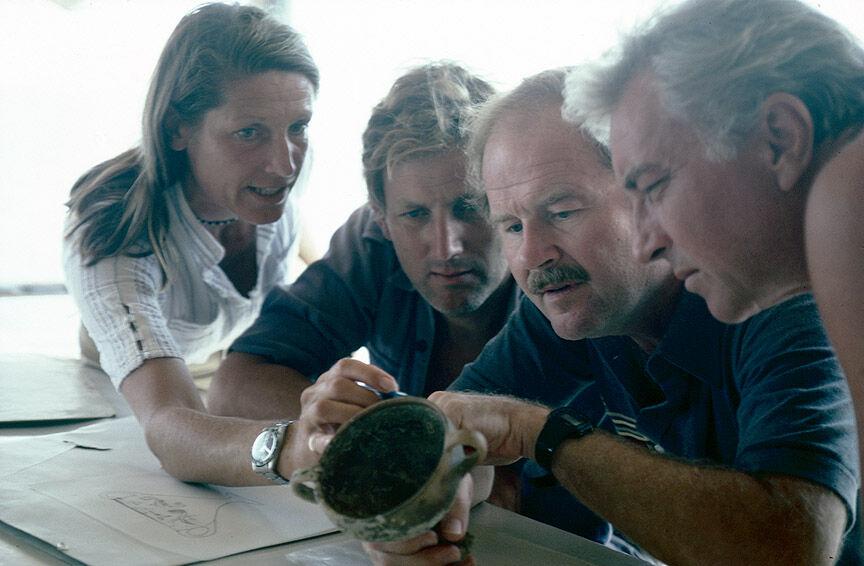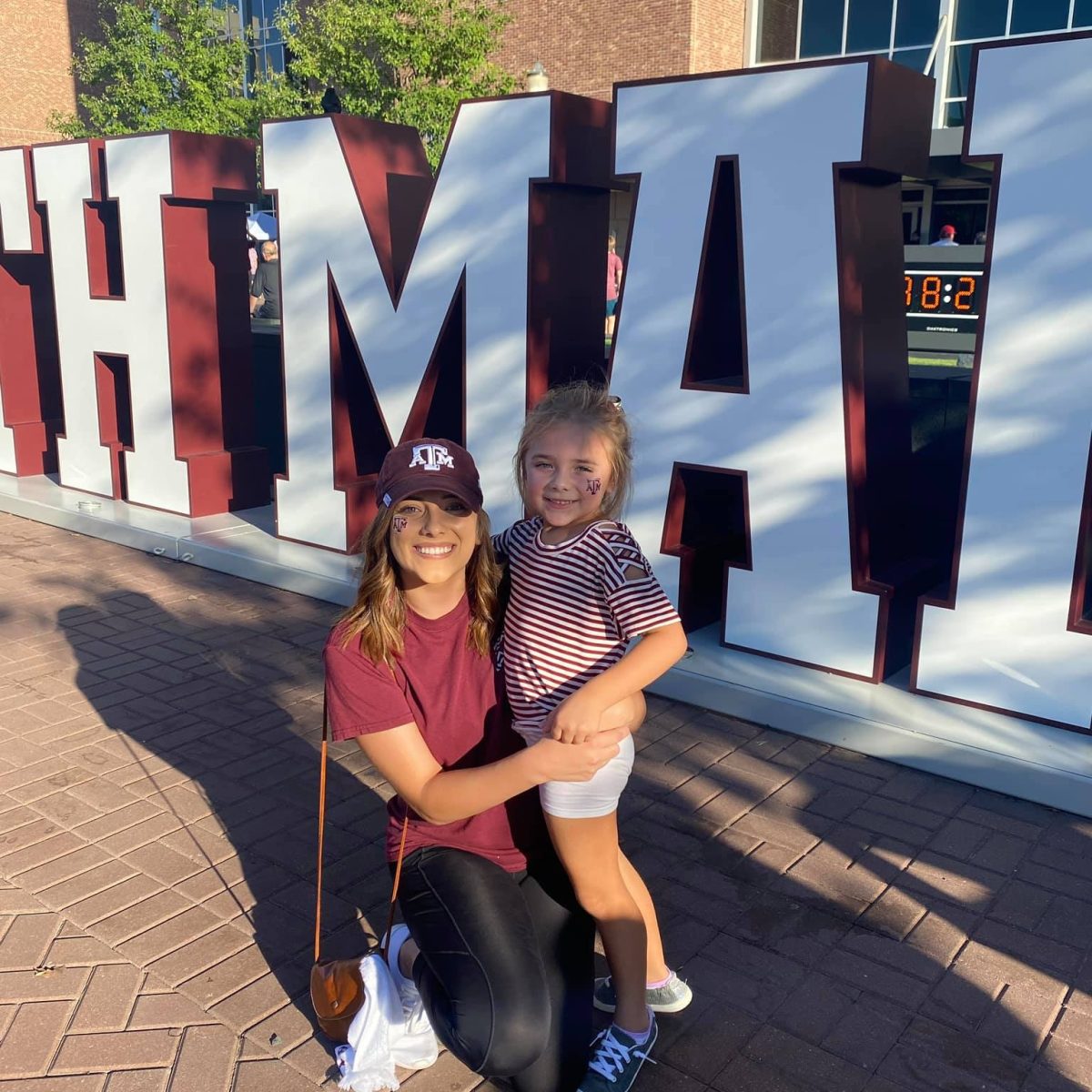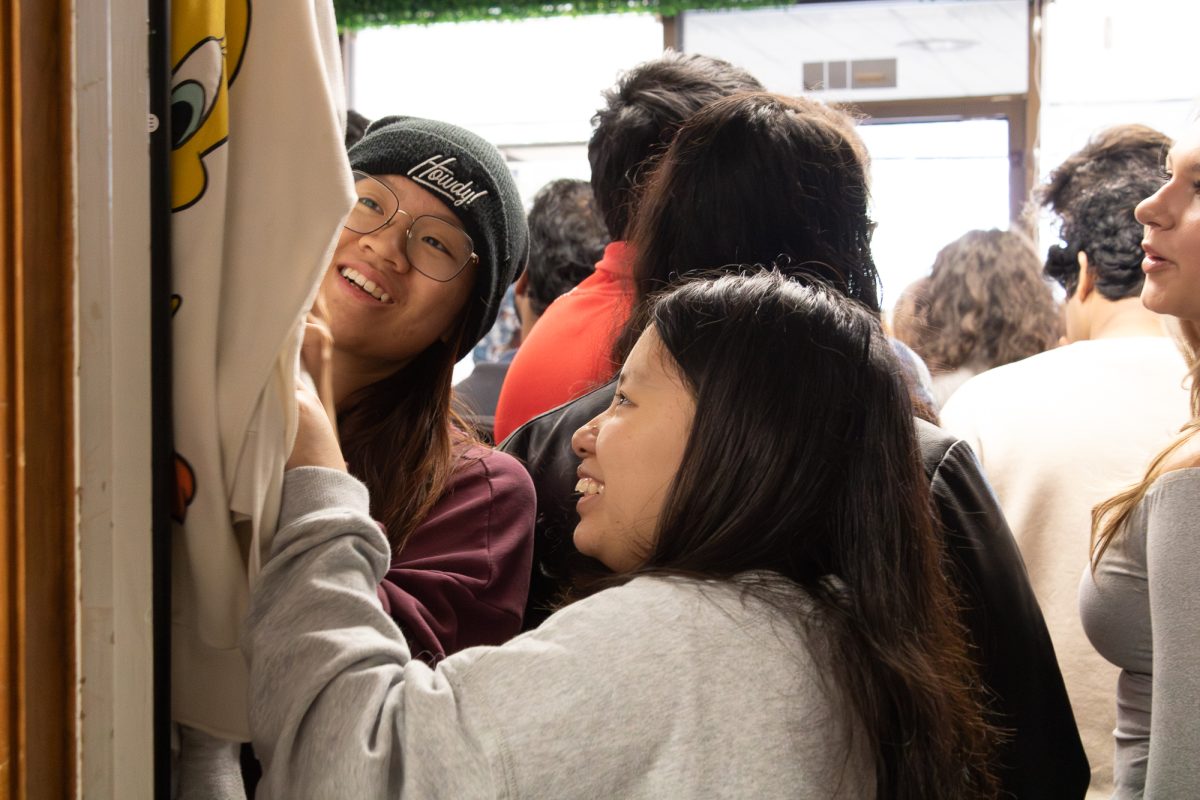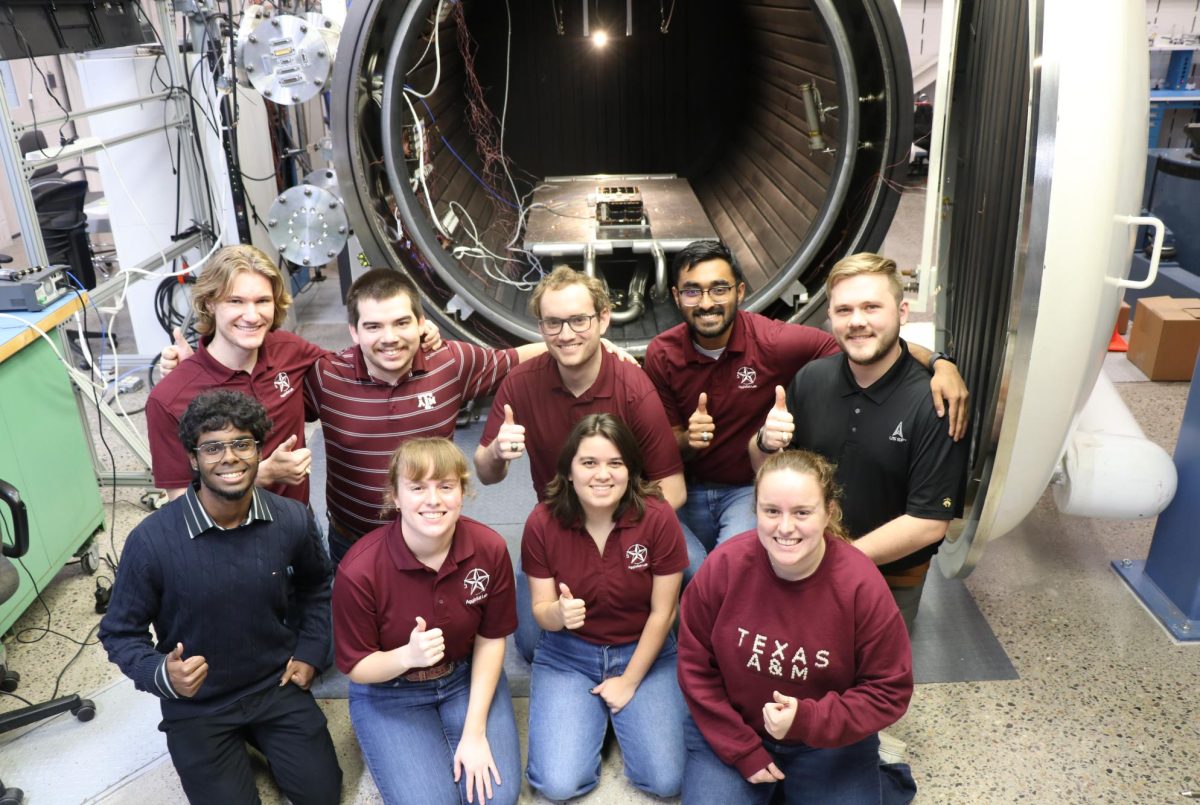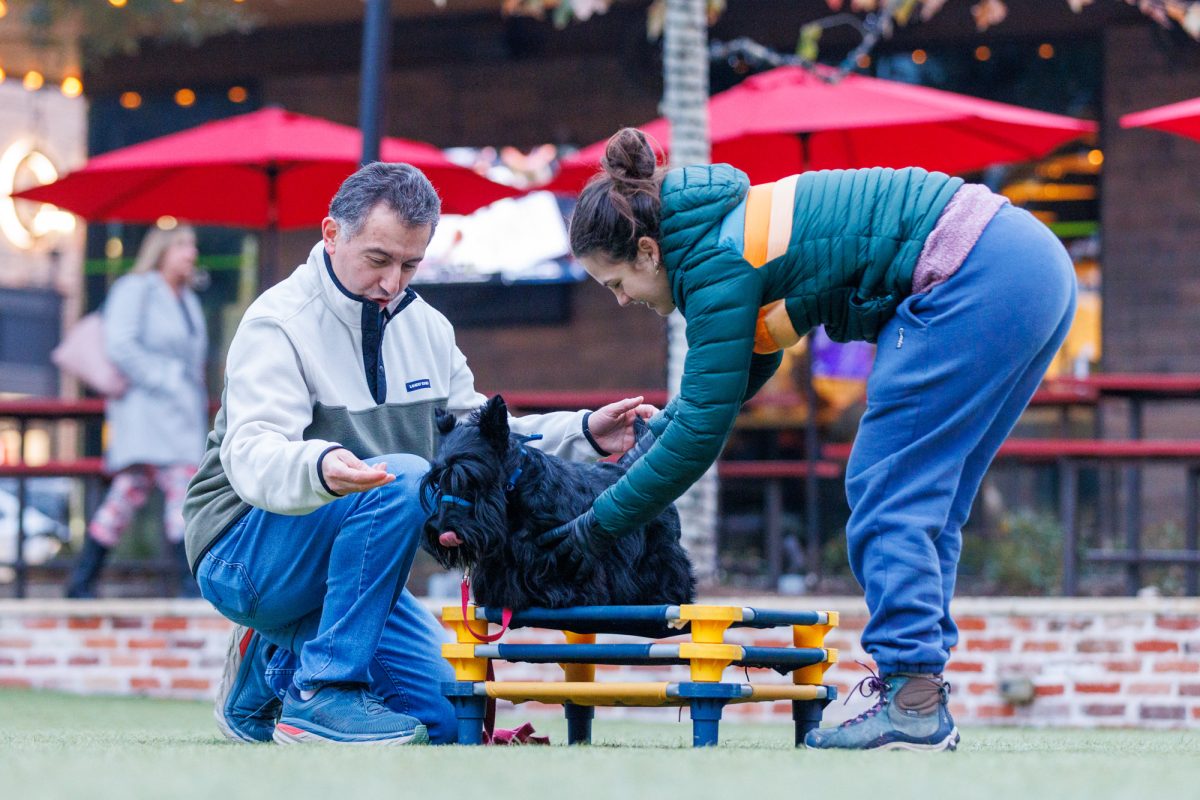The late George F. Bass, Ph.D., was a researcher, an archaeologist, a diver, a teacher, a mentor and an opera lover. He dedicated his life to spreading his love and knowledge about the field of underwater archaeology.
Bass was born in 1932 and spent much of his life studying archaeology and conducting underwater surveys primarily off the Turkish coast. After graduating from Johns Hopkins University and University of Pennsylvania, Bass spent two years in the United States Army and then founded the non-profit Institute of Nautical Archaeology, or INA in 1973. INA then became affiliated with Texas A&M three years later. Beyond his numerous accolades from organizations like the National Geographic Society and the Society for Archaeological History, Bass was awarded the National Medal of Science in 2002 by President George W. Bush.
Nautical archaeology program faculty member Cemal Pulak, Ph.D., was taught and mentored by Bass. During the 1970s, Pulak and Bass dove and surveyed underwater sites together. Pulak said he intended to be an engineer until he met Bass, who encouraged his love for archaeology.
“It is because of [Bass] that I am in this field,” Pulak said. “I had no intention of going into this field — I just wanted to get it out of my system.”
Pulak said that he had taken archaeological and social science electives during his engineering coursework and had heard of Bass due to Bass’ books and articles published in National Geographic Magazine. Bass was also the one to establish the nautical archaeology program at the doctorate level at A&M with Pulak being one of its first students.
“It was like a dream come true to be able to [be accepted] into his fieldwork,” Pulak said. “One thing led to another and here I am — after 40 years — and I love every minute of it.”
Pulak said dozens of students, from elementary to doctorate, would reach out to Bass about his work and be inspired by his life. Pulak said many even applied to the nautical archaeology program because of their exposure to Bass at an early age. Though Bass stopped teaching in 2000, A&M anthropology doctorate student Raul Palomino said he had many opportunities to connect with him.
“Even after his retirement, he was very active in [the nautical archaeology] program,” Palomino said. “He always loved to meet the new students, talk with them and support them.”
Similar to Pulak, associate professor Deborah Carlson, Ph.D., was also one of Bass’ students. Carlson first met Bass when he taught a seminar class she took during her graduate studies. She said Bass invited her to work as an associate director on a Turkish excavation because he was impressed by the final paper she wrote for his class. She then worked with him to excavate a fifth century B.C. ship over the course of three summers. After Bass retired, Carlson said she was chosen to fill the vacancy in the faculty. Less than a decade later, Carlson was elected as the president of INA.
“It was really important to me that we respect the vision [Bass] had for [INA],” Carlson said.
Carlson said Bass was a tough and intimidating professor. She explained Bass had an international reputation as the founder of underwater archaeology and so his students worked hard to please him.
“[Bass’ seminar] was a competitive and difficult, [yet] healthy, academic environment,” Carlson said.
Doctorate student Olivia Brill was part of one of the last cohorts Bass was involved with. Brill said Bass had been influential in the studies of most of the professors she and her classmates learned from, and Bass invited the entire cohort to his home for dinner at the beginning of the year and chatted with each student. Brill said Bass possessed great knowledge about nautical archaeology and his willingness to share those experiences.
“[Bass] was full of stories … [and] a wonderful storyteller,” Brill said. “It was delightful to be around him — really experience the beginning of nautical archaeology.”
Though recent A&M graduate Robin Galloso, Ph.D., also only had the pleasure of knowing Bass after his retirement, she said he often walked around the department and spoke with students. At the welcome dinner for her class, Galloso said Bass mentioned his weekly opera nights. Having a grandmother that sang for the opera, Galloso was intrigued and decided to attend one week. She said Bass would speak to each guest and give short introductions about the piece being shown that night.
“He was an opera nerd — in the best way possible,” Galloso said.
To learn more about Bass, visit the New York Times article about his contributions here or the necrology — written by Pulak and Carlson — published in the American Journal of Archaeology here.




